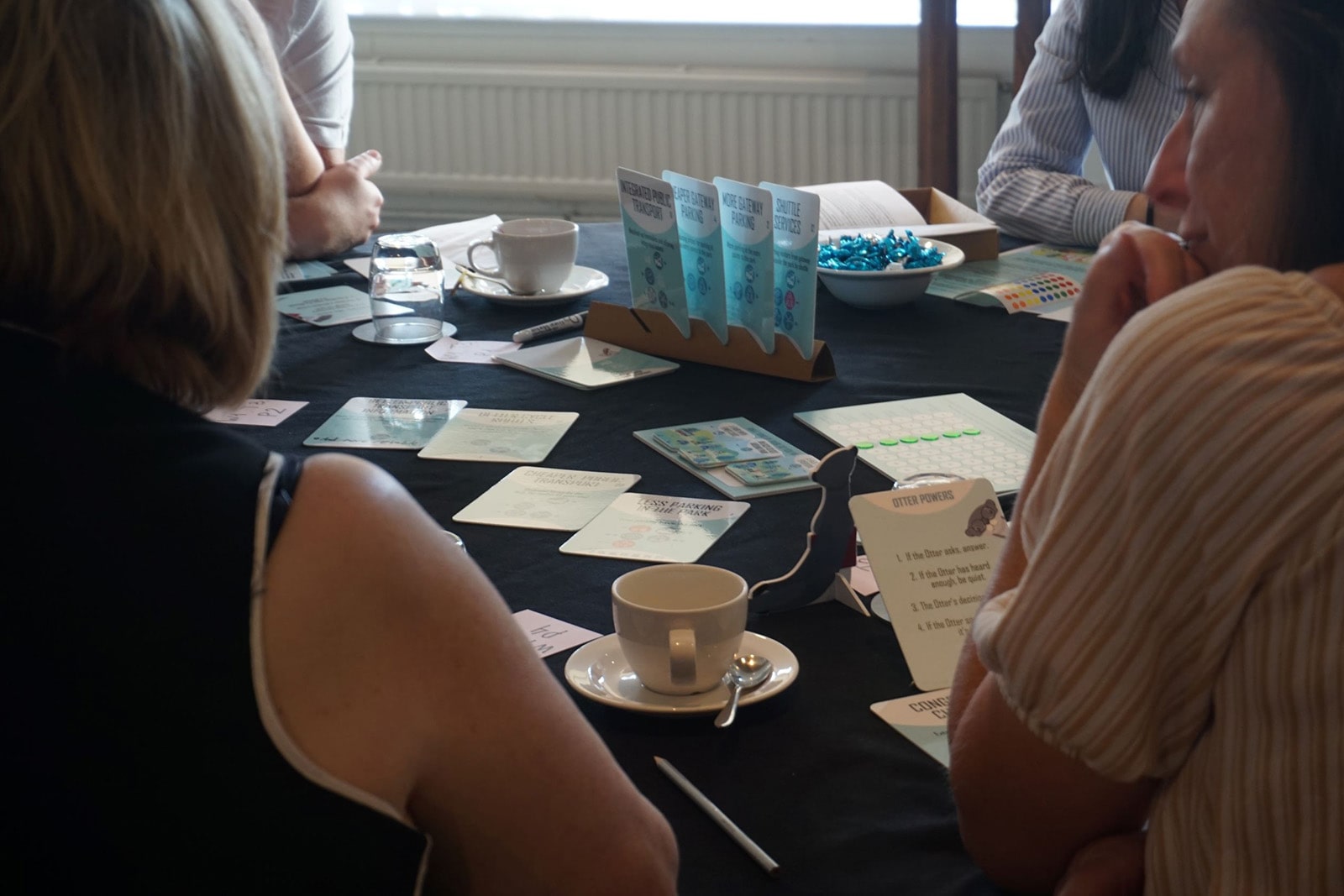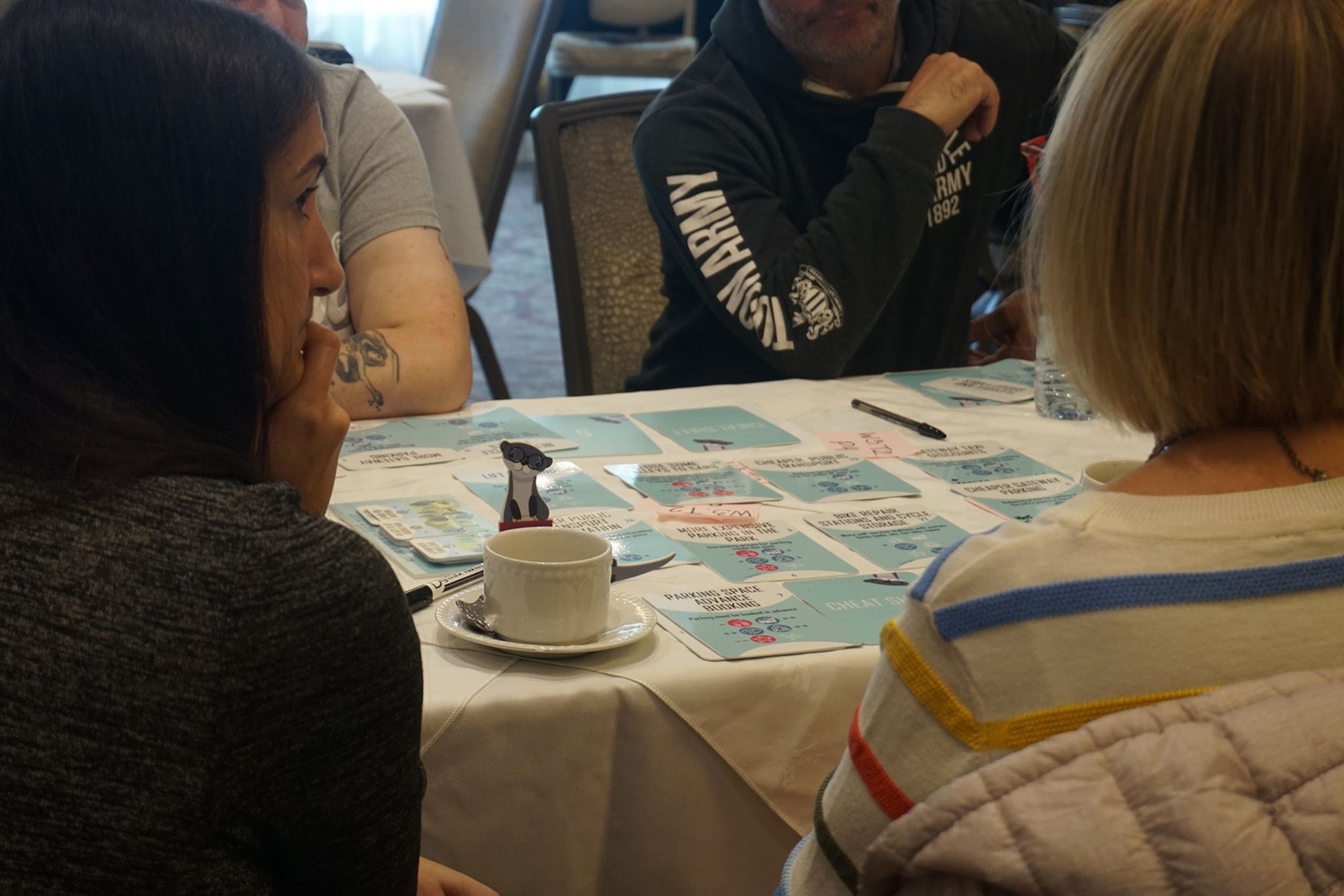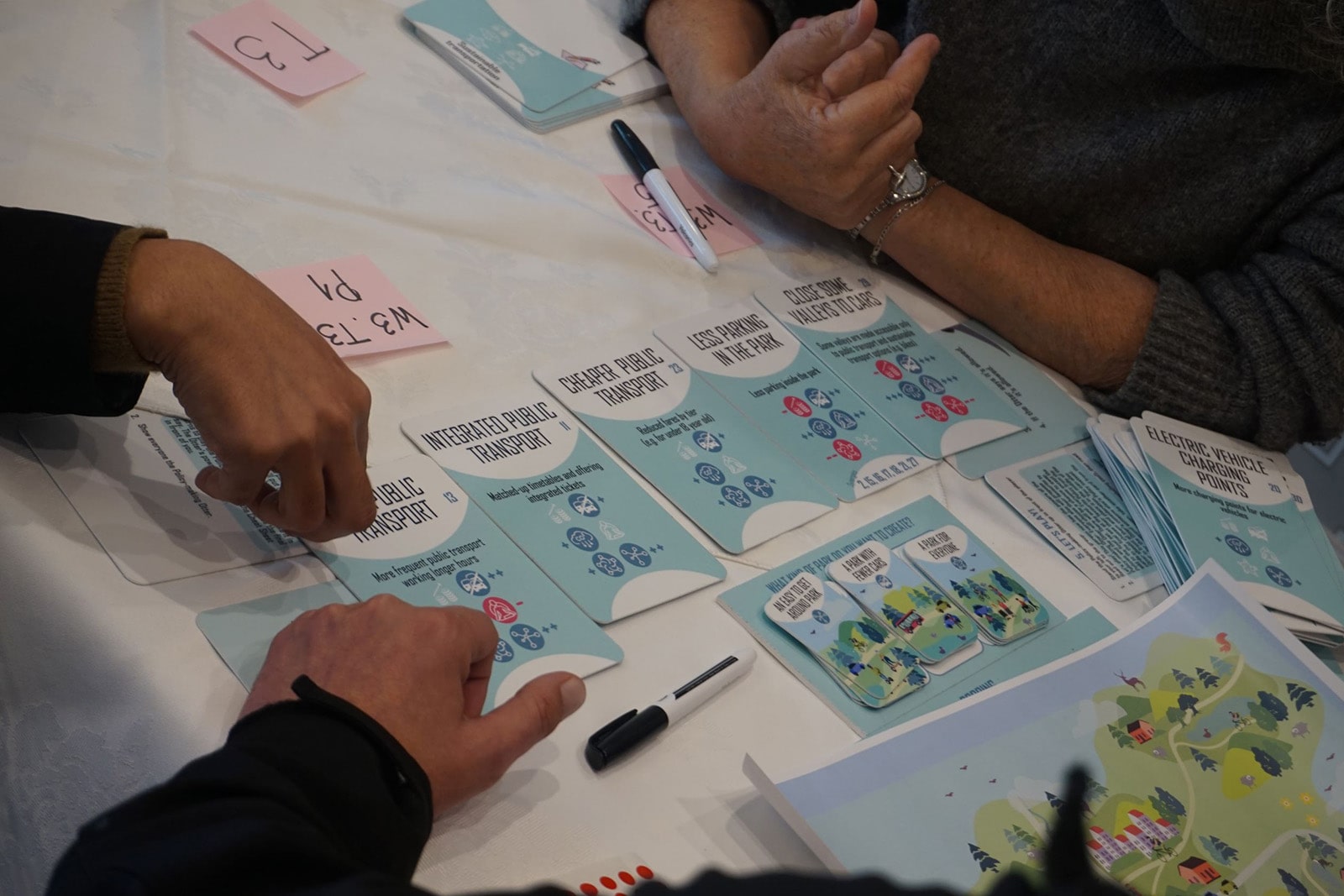The project focused on the design of a gamified approach to citizen engagement in policy making in order to facilitate public consultations with the aim to gather views on and prioritise policies from the citizens. This approach is combined with Natural Language Processing to facilitate analysis of the results.
6 August 2022
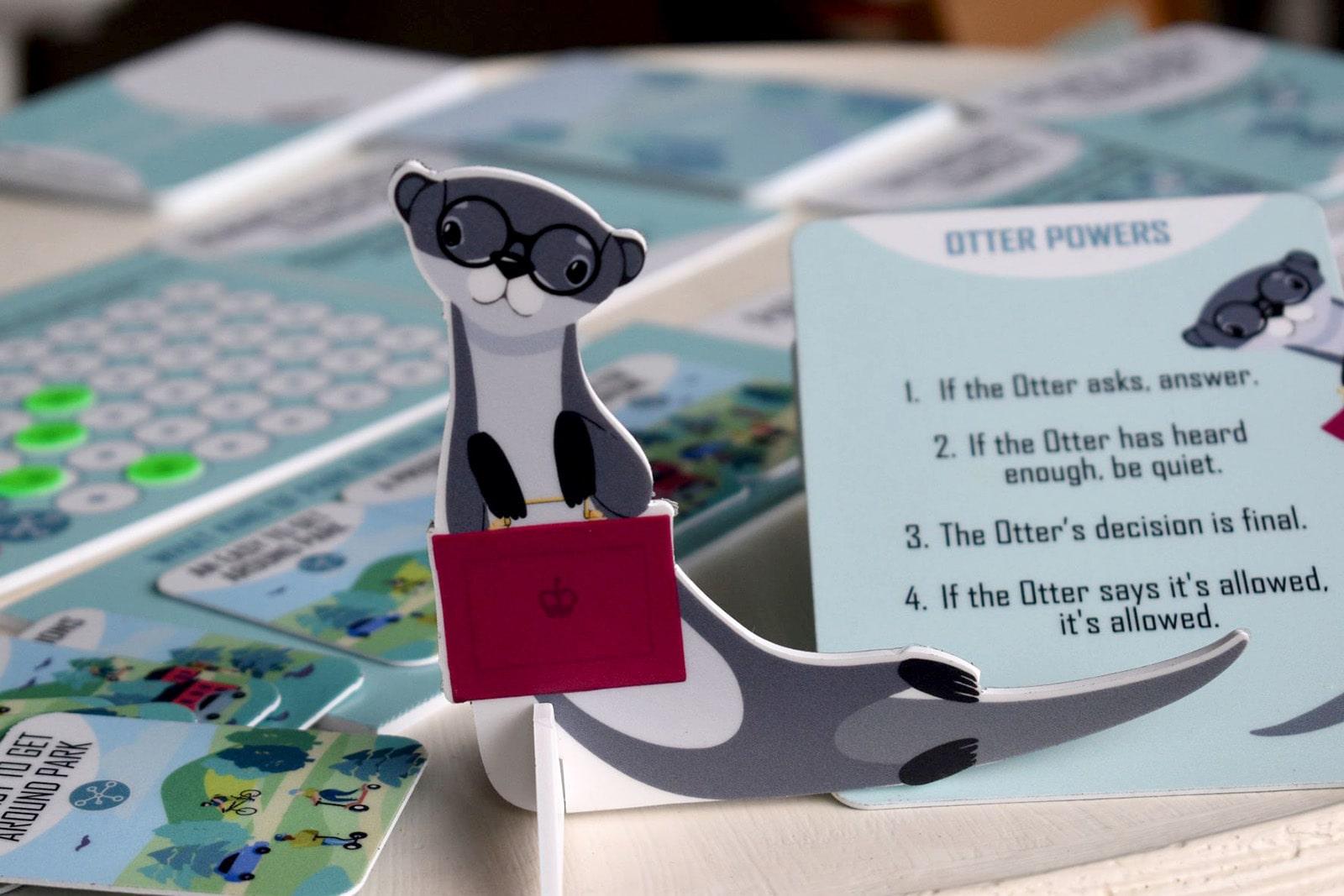
Public consultations aim to inform policymakers about the preferences of different stakeholders and to help them develop better policies. This, however, is often not the case. According to the World Bank, the UK, when compared to other OECD countries, scores poorly on a series of “public consultation” indictors. Local authorities are increasingly being told by Central Government that they cannot implement environmental policies without having consulted sufficiently.
Public consultations are fraught with challenges. Our previous research shows that policymakers often find it difficult to formulate policy-related questions, analyse the results, and feed them back into the policymaking process. From the stakeholders’ side, citizens routinely lack the capability to meaningfully engage with the process. Their input often has a high degree of negative sentiment, forming a poor basis for constructive input. Furthermore, certain groups are more difficult to engage because they often lack confidence or their voices are ignored.
The increased volume of input combined with limited capacity of the policymakers delays the passing of policies. Subsequently, policymakers either give up trying or put “toothless” policies in place.
In this project, we have developed an alternative approach to support policymakers in running more effective public consultations using gamification. We have developed a card game (Otter Power) to facilitate a structured discussion around the topic. This approach engages broader audience in the process of eliciting opinions and concerns about new initiatives as well as discussing and critically assessing the expressed opinions and concerns. This approach helps to gather more balanced views on a given issue and gather not only concerns but also possible responses to these concerns, driven by citizens.
Otter Power has been tested in the Lake District National Parks in the context of sustainable transport and for Partnership Management Plan, and Cairngorms National Park for Local development plans. The game provides a template for eliciting citizen’s attitudes, and it can be tailored and adapted to other contexts.
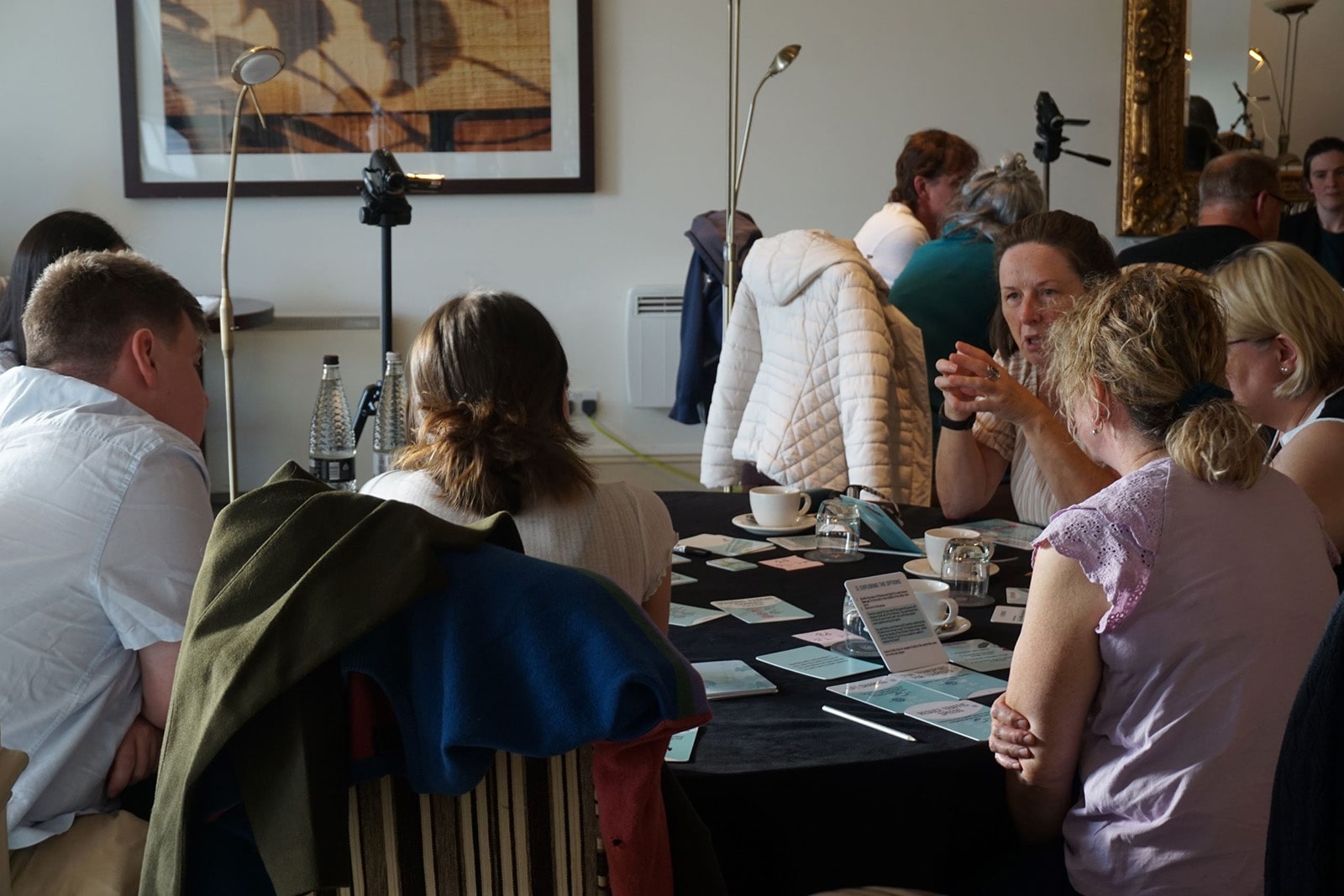
Based on these trials, we have developed a web-based application that allows stakeholders to develop their own versions of the game for different contexts and supports users in analysis of the gamified workshops. The analysis module is based on the natural language processing-enabled capabilities for hierarchical summarization that helps users to sifting through large volumes of data to uncover recurrent themes and trends. It generates insights from the consultations through the game more quickly and engages in further dialogue for informing the policy.
Download the game materials, shared under CC BY-NC-SA*:
- Facilitator guide (PDF)
- Facilitators instructions (PDF)
- Goal cards (PDF)
- Goal boards (PDF)
- Goals scoreboard (PDF)
- Measures cards (PDF)
- Players instructions (PDF)
- Policy maker standee (PDF)
The outcomes of the first trial on sustainable transport have been captured in a project report:
The project is led by Agnessa Spanellis in collaboration with Adam Chalmers and Piera Morlacchi, and in partnership with the Lake District National Parks and Cairngorms National Park. This project is funded by ESRC IAA and a National Lottery grant.
*This license enables reusers to distribute, remix, adapt, and build upon the material in any medium or format for noncommercial purposes only, and only so long as attribution is given to the creator. If you remix, adapt, or build upon the material, you must license the modified material under identical terms. CC BY-NC-SA includes the following elements:
- BY: credit must be given to the creator.
- NC: Only non-commercial uses of the work are permitted.
- SA: Adaptations must be shared under the same terms.
